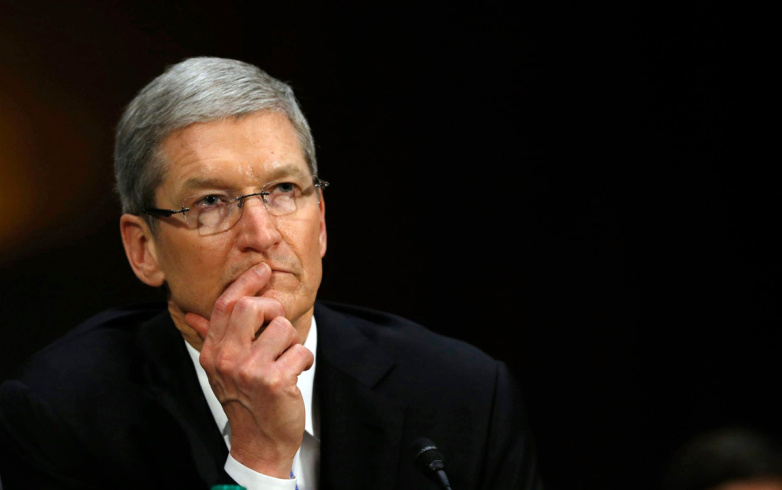Apple’s 2017 has been full of ups and downs. Starting from the spectacular sales revenue coming from the iPhone X up to the disastrous BatteryGate scandal.
Earlier this month, the founder of Geekbench released a report stating Apple deliberately slows down older iPhones. Apple accepted the claim a few days after, triggering a mass public backlash.
Users of older iPhones have reported symptoms of reduced performance like apps taking too long to launch, distorted pixels while scrolling and lower speaker volumes after updating to iOS 10.2.1.
iPhone users started a thread on Reddit in a bid to investigate the link between aging batteries and reduced performances. They came to a unanimous solution that changing the battery is a viable solution to the issue, thus preventing the need for them to upgrade to a newer model.
Once Geekbench released their report, customer suspicions raised to unexpected levels. Apple’s confirmation of the report further cemented their suspicions, which eventually lead to customers calling Apple’s move an “upgradation hoax”, aimed at forcing customers to ditch older models and purchase new ones.
Customers took to social media to express their deep disliking of Apple’s step, in addition, to show their discontent with the full year it took Apple to disclose this to the public.
As of now, Apple is facing a long roster of lawsuits which could potentially cost them billions of dollars in damage payments. In a bid to counter the issue, Apple has released a formal apology along with a price reduction in the price of replacement batteries. The batteries, which had a cost $79 are now being retailed for $30.
Furthermore, Apple is preparing another software update that will give users detailed information about battery health so that they themselves are aware of why Apple was forced to take such a step.
The real question, however, is that are these measures enough to curb customer anger? Is this enough for Apple to get out of the #BatteryGate scandal?












